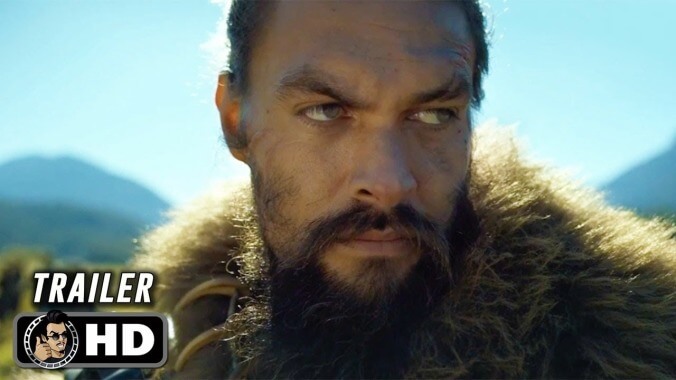Now we know what to call Apple’s TV service, even if we don’t know how much it’ll cost

The latest Apple keynote, presented today on its Cupertino, California homebase, was all about services. As sales of the tech giant’s devices slow, it’s seeking ways to make money through the things you can use those devices for: Onstage at a theater named for his predecessor, Apple CEO Tim Cook unveiled the company’s forays into credit cards and subscriptions for digital magazines (built on Texture, an app it acquired in 2018) and video games. But the portion of the program that made headlines in the days before, that had kept Hollywood guessing for the past four years, were the first official details of an Apple-branded streaming service. The showbiz focus fed into the keynote’s animated introduction, which ran familiar Apple imagery through a Saul Bass lens, including a callback to the first time Steve Jobs threw a sledgehammer through the TV: The Ridley Scott directed, 1984-inspired Super Bowl ad that debuted two days before the first Macintosh PCs came to market.
As previously speculated, what was announced wasn’t so much a potential Netflix killer as a Silicon Valley spin on a skinny bundle, those a la carte offerings designed to give viewers a greater choice over which television channels they pay for. Netflix won’t be one of the offerings that will run in the soon-to-be-updated Apple TV app, but two of its biggest streaming competitors, Hulu and Amazon Prime Video, are, along with more traditional cord-cutting lures like premium-cable channels and live sports.
And they’ll also have access to Apple TV+, the stable of original programs and movies that finally has a name (one that sounds an awful lot like other factions in the coming streaming wars). Former Sony execs Jamie Erlicht and Zack Van Amburg were on hand introduce the projects that Apple TV+ has commissioned under their watch, as were many of those project’s stars and producers. Steven Spielberg hyped the now-Bryan Fuller-less Amazing Stories by touting the brand’s history in genre storytelling (glossing over the fact that he brought it back before, for NBC in the 1980s); Kumail Nanjiani introduced another anthology series on the Apple TV+ slate—the based-on-true-immigration-stories Little America—by way of a mini-stand-up routine about his experiences emigrating from Pakistan to Iowa during college. Jennifer Aniston and Reese Witherspoon’s morning-show comedy has a name now, too—The Morning Show—and Jason Momoa and Alfre Woodard asked the audience to close their eyes to imagine the world of See, set in a far-off future when humankind has collectively lost its sense of sight.
 Keep scrolling for more great stories.
Keep scrolling for more great stories.
